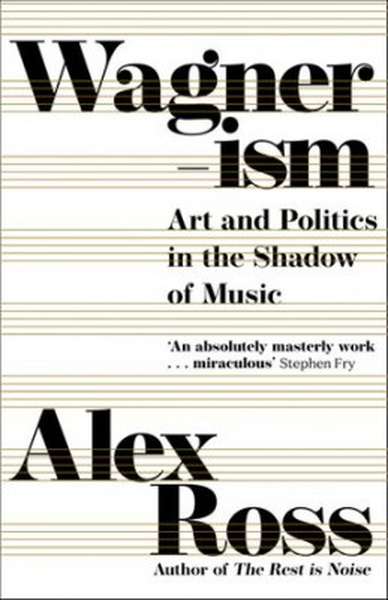Richard Wagner and his oeuvre cast a big shadow in every sense of the word.
In a time and age where the ostracism of cancel culture and systematic boycotts is prevalent, the question is if artists like Wagner, whose success was in large amounts due to the political relevance from 1933-45 and his anti-Semitism, are more than merely a guilty pleasure? Does sublime art trump moral and rational objections?
As the title suggests, Ross tackles the matter less from a personal point of view but from the angle of “Wagnerism” and the connotations it shaped and took on in different contexts – be it stylistically within the confines of music, aesthetically or politically – and how it was used to perpetrate different agendas. In that aspect, it is interesting to see how Wagner serves as a screen upon which ideologies could be projected, ranging from nationalism via satanism to the ideal of feminism, androgyny and queerness.
Be it as it may, one would be hard-pressed to claim that Wagner and his emissions have had an immense influence for more than a century with anyone into the arts having an opinion on it, of which Alex Ross amasses many contradictory ones.
The tome culminates in shedding light on how Wagner has been absorbed by pop culture and thereby become omnipresent from cartoons via Apocalypse Now to nuptial matches. My personal takeaway is that upon closer inspection of Wagner’s impact at large, it is still less powerful than e.g. Bach’s and Beethoven’s which makes me feel positive in that great, cathartic art does not necessarily have to go hand in hand with extinction and delusions of grandeur.




